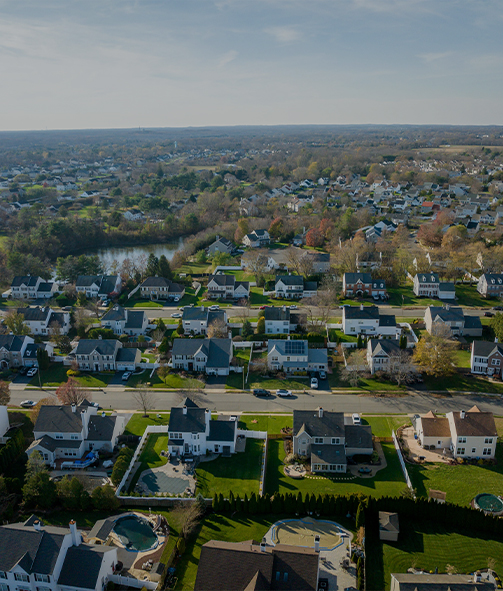Wet Floor Slip and Falls at New Jersey Businesses: What You Need to Know
You walk into a store or restaurant expecting a routine visit, but a slick, unmarked floor changes everything in seconds. Slip and fall accidents involving wet floors are one of the most common reasons people get hurt at New Jersey businesses.
While not every fall leads to legal action, if your injury was caused by a business’s failure to clean up or warn about a wet floor, you may have a valid personal injury claim. Here’s what you need to know if it happens to you or someone you love.
How Wet Floor Accidents Happen in Monmouth County
Wet floors can pop up just about anywhere, from busy supermarkets to boutique shops and coffee chains. Common causes include:
- Spills that aren’t cleaned up quickly
- Mopped or waxed floors without proper warning signs
- Leaky freezers, air conditioners, or plumbing
- Rainwater near store entrances
- Ice or slush tracked inside during winter
These hazards can create unsafe conditions if business owners or employees don’t take quick, reasonable action. Unfortunately, many wet floor accidents are entirely preventable.
Business Owners Have a Legal Duty to Keep Premises Safe
Under New Jersey law, businesses in Monmouth County owe customers a duty of care. That means they must take reasonable steps to keep their property safe, especially for “invitees”—individuals who enter the business for lawful purposes like shopping, dining, or receiving services.
Property owners and managers are expected to:
- Regularly inspect floors and walkways
- Fix or clean up known hazards quickly
- Warn customers about temporary dangers, such as wet floors, by using cones or signage
If an employee knew about the hazard—or should have known—and failed to take proper action, the business may be held liable for resulting injuries.
What You Need to Prove in a Slip and Fall Claim
Not every fall results in a successful injury claim. To hold a business accountable, you must typically show that:
- A hazardous condition existed (such as a wet or slippery floor)
- The business knew or should have known about it
- The hazard wasn’t properly fixed or marked
- You were injured because of it
- You suffered damages (medical bills, missed work, pain, etc.)
Video footage, witness statements, and accident reports can all play a role in proving fault. These cases often depend on showing how long the hazard existed and whether the business acted responsibly.
What to Do After a Slip and Fall at a Monmouth County Business
If you fall and get hurt at a New Jersey business, your actions in the aftermath can affect your case. Here are some critical steps to take:
- Report the incident to a manager or staff member
- Ask for an incident report and make sure your version of events is included
- Photograph the scene as soon as possible, especially the floor where you fell
- Get contact info from witnesses who saw what happened
- Seek medical care promptly—even if the injury seems minor at first
- Avoid giving recorded statements to the business’s insurer without legal advice
Even if you’re embarrassed or want to “shake it off,” it’s smart to document the event. What seems like a minor injury could become more serious in the days to follow.
Talk to a Monmouth County Slip and Fall Injury Attorney
Slip and fall claims can be complicated, especially when businesses deny responsibility or blame the victim. That’s where we come in. At Noonan & McMahon, we help injured clients investigate the facts, gather strong evidence, and pursue the compensation they deserve.
Whether it’s securing security footage, working with medical experts, or negotiating with insurance companies, we fight to protect your rights every step of the way.
If you’ve been hurt in a wet floor accident at a New Jersey business, contact our office today for a free consultation.
